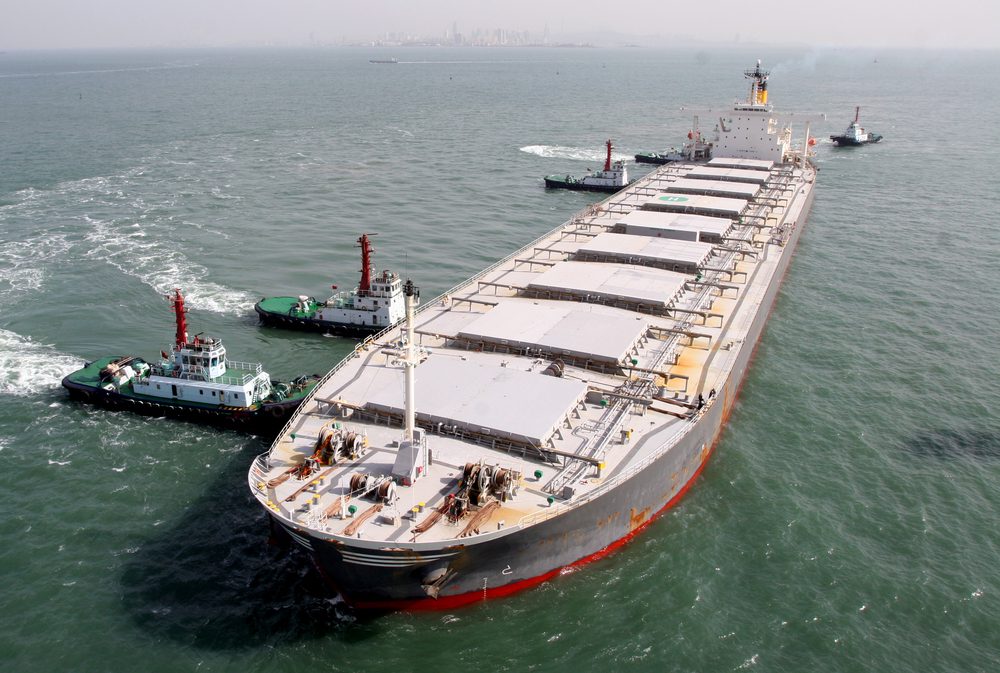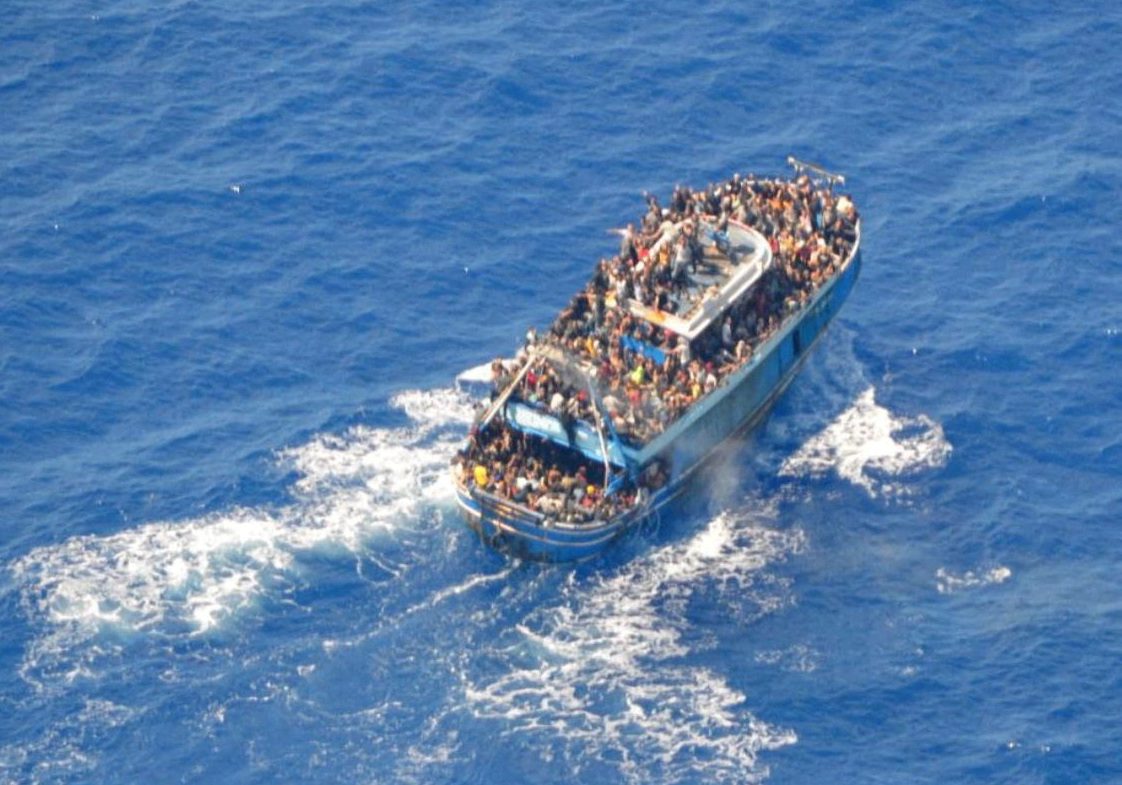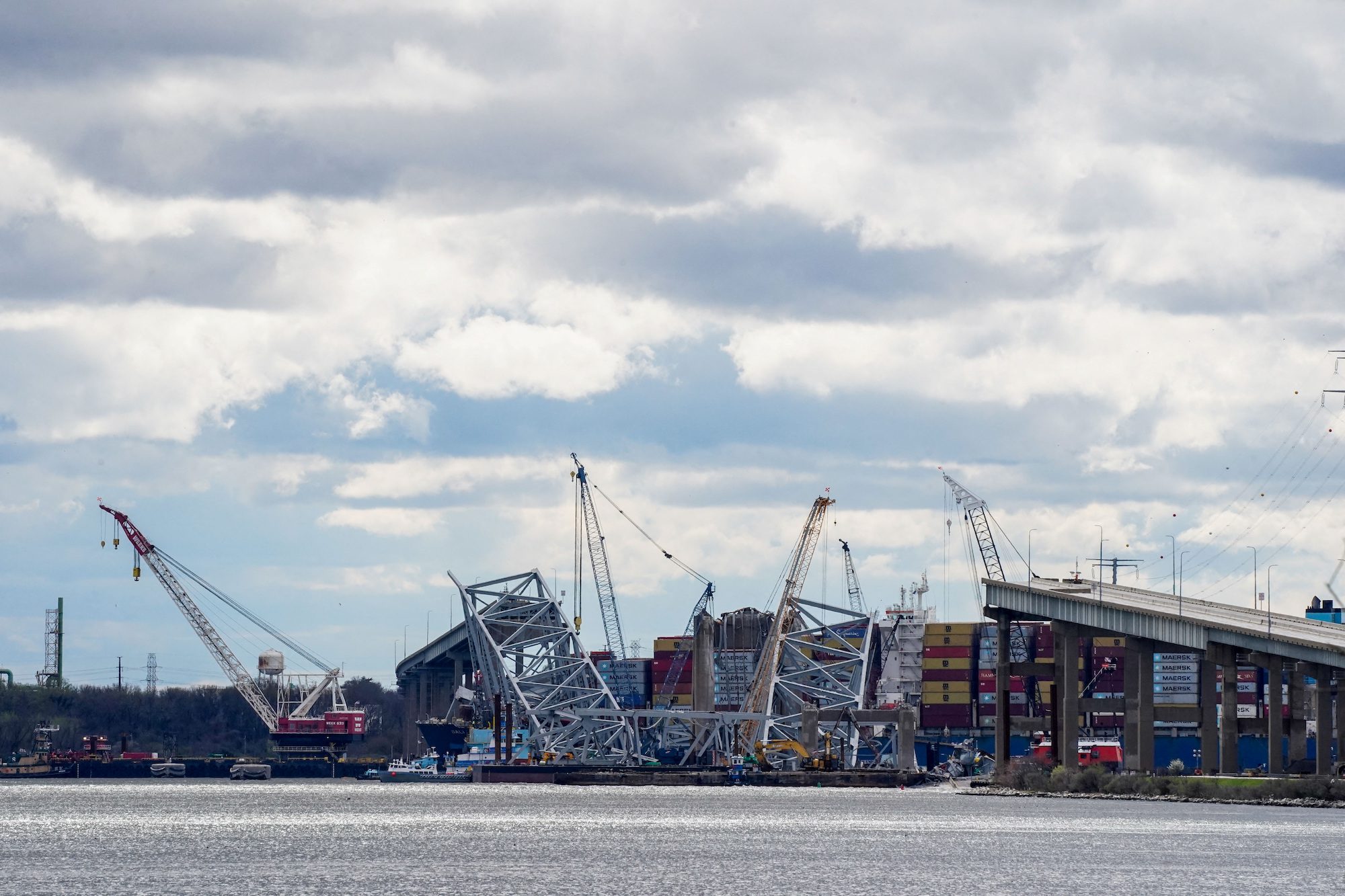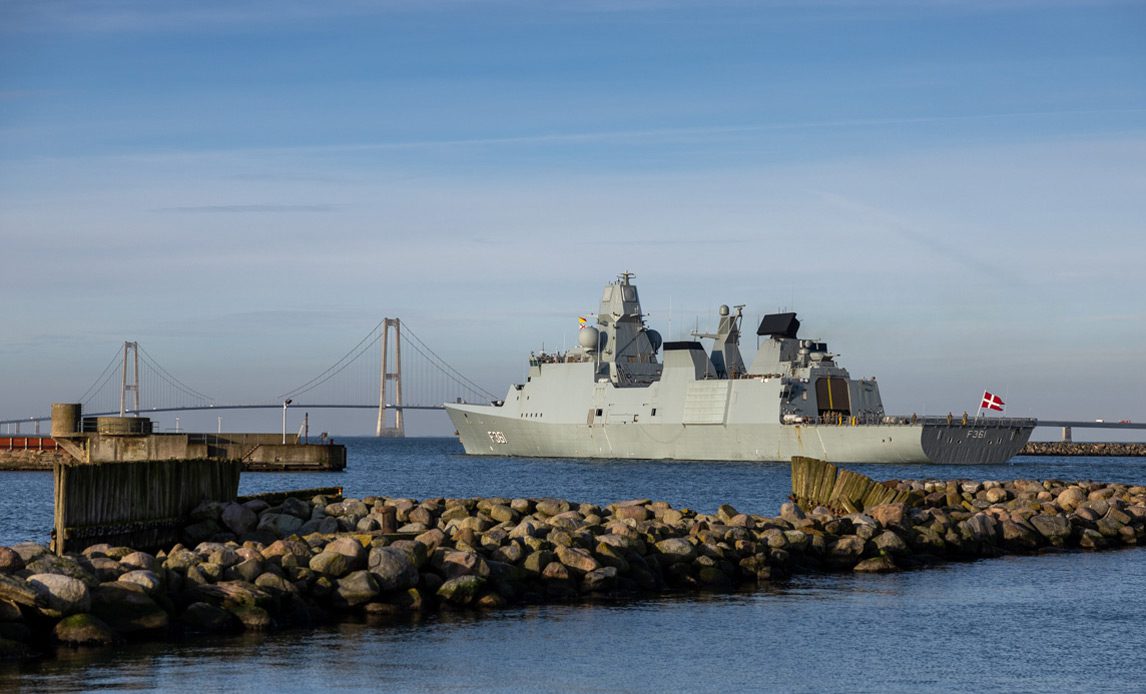By Chris Bryant
(Bloomberg) — The global steel and shipping industries have for years been locked in a tight embrace. Iron ore and coal, key raw materials for making steel, are among dry bulk shipping companies’ most important cargoes.
Now, an oversupply of both ships and steel has turned that relationship toxic. Both industries need to eradicate overcapacity quickly — or risk repercussions far beyond their respective shareholders, bondholders and lenders.
Surplus capacity also threatens to undermine central bank efforts to prop up the global economy. Until it’s eradicated, companies in the crucial industries like steel and shipping won’t feel the need to invest because they won’t see a possibility to generate a return; and near-zero interest rates therefore won’t have the desired stimulus effect.
So, like their peers in the oil and mining industries, shipping companies and steelmakers need to cut capacity, and fast. But the chances of that happening look slim. Instead, signs of stress abound.
Global steel prices remain weak, and the Baltic dry shipping index — a measure of the cost of shipping bulk commodities — is at the lowest level since it was first compiled in 1985.
Steel and shipping stocks have been crushed and companies have been forced to bolster their balance sheets. ArcelorMittal, the world’s largest steelmaker, announced a $3 billion fundraising this month. In dry bulk shipping, Norway’s Golden Ocean Group on Friday raised $200 million in a share sale to meet lenders’ demands.
What’s gone wrong? Steel and shipping companies were both guilty of over-investment in the boom years, spurred on by near- insatiable demand from China, which accounts for two-thirds of global iron ore imports.
Now, Chinese demand is stalling.
The government has ordered steel companies to shutter capacity, a painful process that could take years to complete. In the meantime, Chinese steel companies are boosting exports.
Those steel shipments aren’t enough to offset freight carriers’ lost profits — but they are enough to crush the margins of steel companies outside China.
Companies like Tata Steel have announced some plant closures in Europe, but the industry’s main seems to be on lobbying Brussels to impose tariffs on imported Chinese steel rather than pursuing consolidation that would help remove capacity. According to UBS, Europe’s steel industry is still quite fragmented — the top five companies control 53 percent of the market compared with two-thirds in the U.S., Canada and Mexico.
Similarly, with only 75 percent of the dry bulk shipping industry’s total capacity in use, according to dry bulk ship owner Golden Ocean, there is also an urgent need to remove ships from service.
But there’s a catch: scrapping ships for their recycled metal content makes little financial sense right now because steel prices are so low — yet another sign of steel and shipping’s toxic relationship.
And because most dry bulk ships were ordered comparatively recently (about 80 percent of the dry bulk fleet has been at sea for less than 15 years) shipowners don’t want to scrap vessels if they can possibly avoid it.
Container shipping companies, which transport manufactured goods as opposed to bulk commodities, have pursued alliances and consolidation to help them extract cost synergies and get through the crisis.
But in dry bulk shipping that doesn’t seem to be happening. The market is highly fragmented (the largest 50 owners account for barely more than one third of fleet capacity according to Scorpio Bulkers, a New-York listed shipping company) and balance sheets are weak.
The first insolvencies have already begun — Japan’s Daiichi Chuo KK filed for bankruptcy protection in September, the same month as Global Maritime Investments Cyprus. They won’t be the last.
However, cheap fuel and the reluctance of banks to realize losses on their shipping loans could help some “zombie” ship owners stay afloat for longer, slowing that painful but essential process of attrition.
In the meantime, the global economy may continue to deflate — with steel and shipping at the epicenter.
This column does not necessarily reflect the opinion of Bloomberg LP and its owners.
©2016 Bloomberg News
Unlock Exclusive Insights Today!
Join the gCaptain Club for curated content, insider opinions, and vibrant community discussions.

 Join The Club
Join The Club













